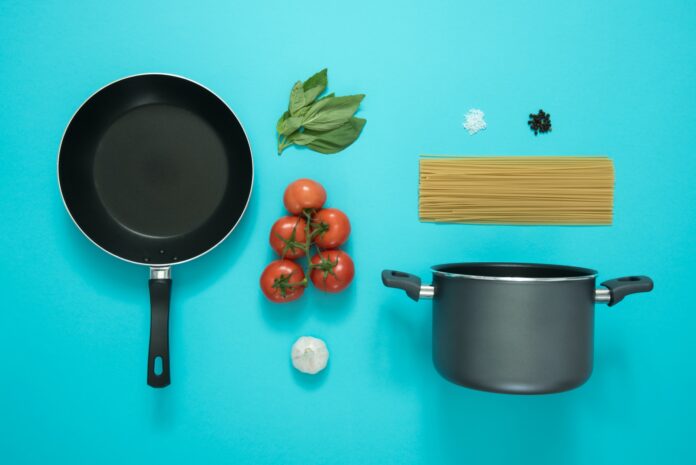
Everyone loves food, even if they do not want to admit it. We have to eat to survive, but that hardly means that we cannot or should not enjoy it. However, in order to enjoy good food, you have to do one of the two things. You can either have others prepare food for you in the form of dining out and ordering takeaway, both of which are quite expensive if you do them every day. The other one is to cook food yourself, at least a couple of times per week.
While both are viable for some people and completely out of the question for others, there is no denying the fact that cooking at home is generally less expensive than paying for finished food. With that being said, you still need to spend money on groceries and on either electricity or gas, which does come down to less on a monthly average than visiting fast food joints and restaurants.
The biggest obstacle to cooking at home is the skill needed and the touch that comes with it. The more you enjoy food and the more diverse your diet is, the harder it will be to replicate what you would eat outside of your home. Therefore, as an amateur, beginner home cook, you have to learn some basic skills. If you are to spend time in the kitchen, you must be ready to get down and dirty and learn something you never did before.
In this article, we will talk about the most basic skills every beginner cook has to master if they mean to eat quality food at home, made by their own hands that is. If you already know how to cook but have troubles coming up with recipes, do not worry, as delicerecipes.com has all you need no matter what kind of food is your favorite. If you are a complete beginner, make sure to get back to their library of tasty, mouthwatering dishes once you master the basics we will reveal to you below.
1. Handling yourself in your own kitchen
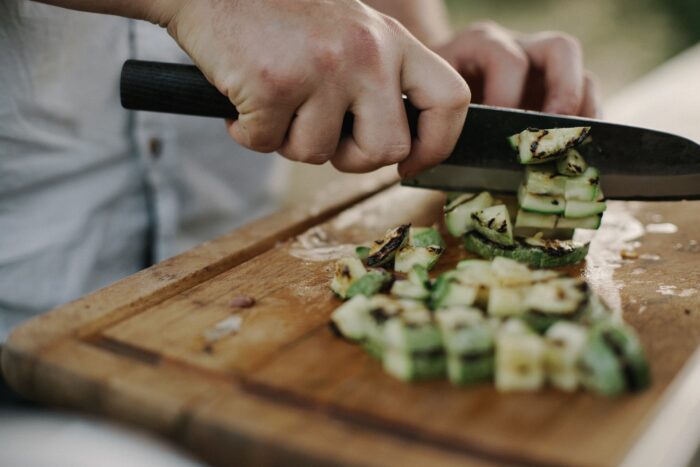
Not so much a real skill, this is actually the ability and the feel you have to master if you are to be comfortable in the place where food is prepared. If you never spend time in the kitchen other than to grab a drink or a snack from the shelf, best believe you are not ready to start cooking. First of all, learn where everything is, or better yet, put all of the tools and utensils in the places that make the most sense to you. If you know where everything is you will never spend time looking for it, giving you more efficiency while multitasking. Check how everything works, how much it takes for things to heat up, and how much your dishes can hold, and what knives you are most comfortable with for specific meats, veggies, and fruit. Once you know this it is time to start using everything for real.
2. It all starts with the egg
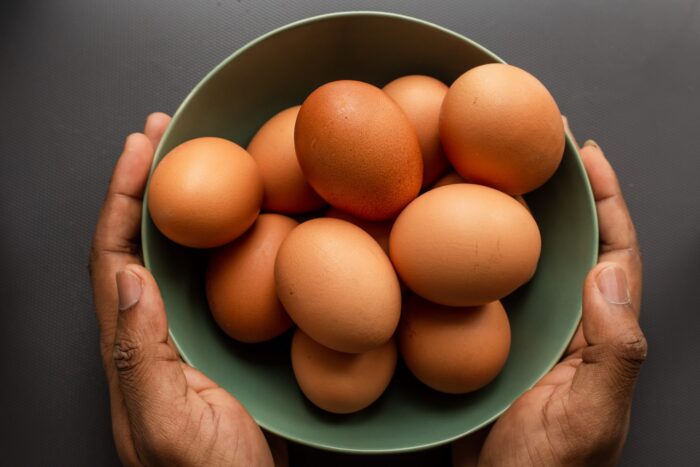
Just like in nature where life starts with and from the egg, most people first learn how to make a few egg dishes. Chicken eggs are among the most useful, multi-practical, and multi-purpose foods in existence. There is so much you can do with them. For the basic meals, however, you have to master the scrambled eggs and the sunny side up.
The key for the first two is not to overheat the pan and keep it simple. Cracking eggs is also easy, simply bang them gently on an edge right down the middle, and pull away from the shell until the yolky goodness comes out. Beat a few in a separate pan and pour it into the heated pan with a few drops of oil. Stir it up until you get the texture you like and take off the stove. That is it!
For the easy over, repeat all the steps except beating the eggs. You can either crack them directly into the pan or crack a few together in a separate dish and gently pour them in. Wait for the egg whites to turn white (obviously) and the yolk to get just slightly more firm. Carefully transfer them onto a plate and enjoy!
3. Boiling
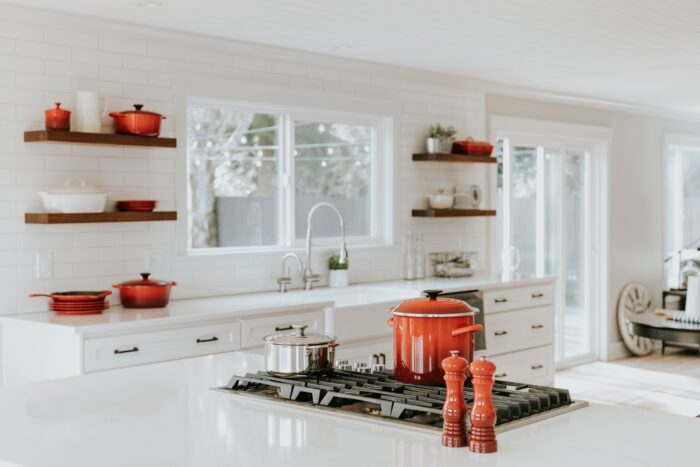
There is tons of stuff you can boil, from the aforementioned egg to pasta, rice, and veggies. Boiling is simply waiting for things to be cooked in boiling water. All you have to do is boil some water in a kettle, place the desired food in a pot, set the stove to medium (fourth setting if you have 6 of them for example), and pour the boiling kettle water over the food. Wait until it is soft and serve. Now, different foods take different amounts of time to boil. Eggs only take a few minutes, even less if you want the middle to stay runny. Root veggies like carrots and potatoes take much longer, while pasta and rice are considered quick meals to get ready. The basic things you need to pay attention to is the heat you are using, the amount of water in the pot, and the amount of food. Boiling water is restless and it will easily pour out if you fill the dish up all the way. Never cover the pot completely with the lid. Take out the boiled food and remove the water carefully into the sink when over. Once you have your boiled meal make sure to season it with salt and pepper, olive or grapeseed oil, and anything else you may enjoy.
4. Blending, mixing, toasting, roasting
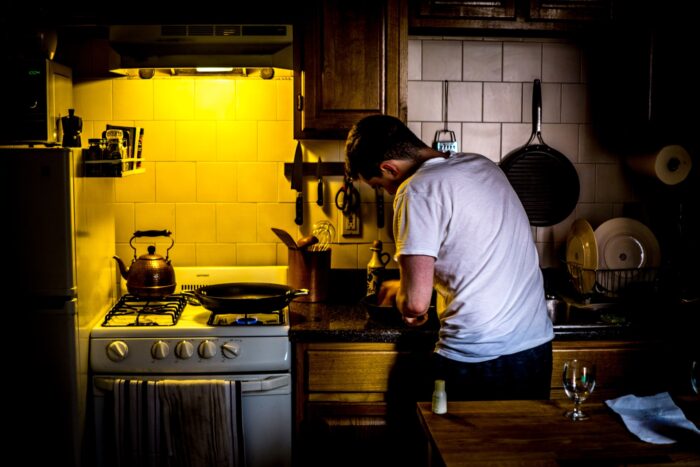
These three things are all extremely easy to do, and all of them can cover multiple meals for you. Making smoothies and milkshakes is child’s play, as all you need is a quality blender. Put in your favorite combo of fruits, veggies, and nuts, pour some milk or tea, and voila! You have a tasty and healthy breakfast or snack. Toast is always great for quick meals, whether it is breakfast or dinner. There is a ton of things you can put on it. For salads, the hardest thing to do is actually cut everything up. Find a large enough bowl, mix up three or four veggies, season it, and bite away. Roasting is arguably the easiest of all. Roasting oven pan, parchment paper, whole or cut veggies or meat, and seasoning. Place everything together in one oven pan dish and put it in for 20 to 30 minutes at 180-200 degrees Celsius, depending on the ingredients. Cooking is easy and fun if you put your mind to it and use common sense and logic. It also helps if you are a foodie at heart!








